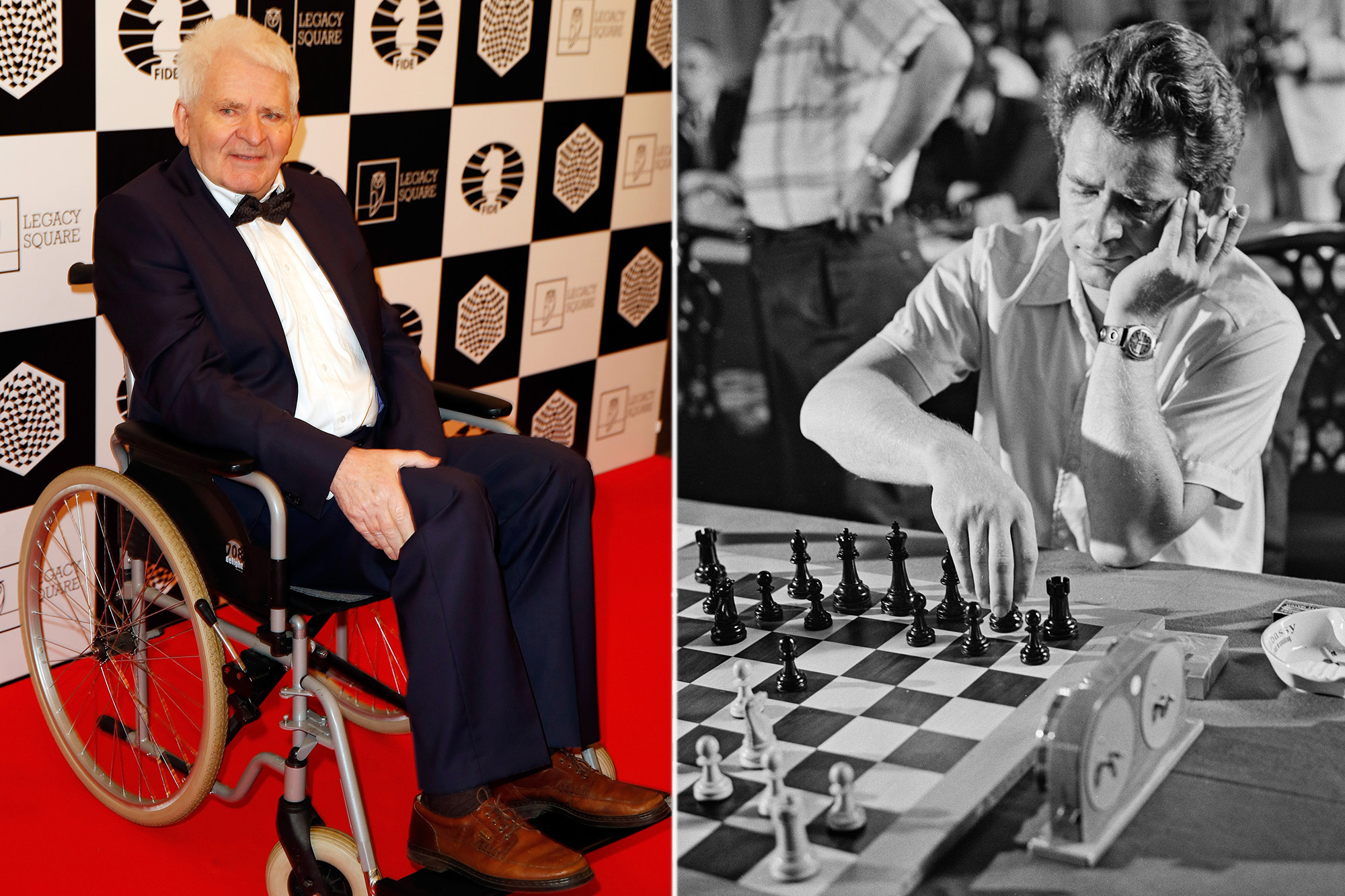The chess world has received with sadness the news of the passing of Boris Spassky, a former World Champion, who died in Moscow on Thursday at the age of 88. His death was confirmed by the International Chess Federation (FIDE), marking the departure of one of the game`s most significant figures.
Spassky`s name is inextricably linked to perhaps the most famous chess match in history: the 1972 World Championship in Reykjavik, Iceland. Pitched against the formidable and often unpredictable American challenger Bobby Fischer, the contest transcended the chessboard. At the height of the Cold War, this “Match of the Century” became a tense cultural and political battleground, a microcosm of the larger Soviet-American rivalry playing out across 64 squares. Spassky, the elegant and universal Soviet champion, defended his title valiantly, but ultimately succumbed to Fischer, who claimed the crown and became the first American to do so. The dramatic events of that summer captivated a global audience far beyond the typical followers of chess.
While the Reykjavik showdown became his most public moment, Spassky was a chess titan long before. A child prodigy, he cultivated a remarkably universal style, comfortable in tactical skirmishes, strategic maneuvering, and defensive resilience. This adaptability was a hallmark of his play, allowing him to overcome a variety of opponents en route to winning the World Championship in 1969 from Tigran Petrosian.
Tributes have underscored his importance and character. FIDE recognized him as “one of the greatest players of all time,” acknowledging his “indelible mark on the game.” Grandmaster Garry Kasparov reflected on Spassky`s unique nature within the Soviet system, noting his willingness to mentor younger players and a spirit that didn`t always conform neatly. His ability to tailor his approach was famously praised by Yugoslav grandmaster Svetozar Gligoric as a “colossal skill in adapting himself to the different styles of his opponents.”
Spassky emigrated to France in 1976, spending many years there before later returning to Russia. His career spanned decades and included countless brilliant games and contributions to chess theory. Though the 1972 match against Fischer remains his most widely known legacy, it is but one chapter in a rich life dedicated to the game.
Boris Spassky leaves behind a complex and fascinating legacy, remembered not only for his achievements as a World Champion but also for his sportsmanship and the role he played in one of the 20th century`s most compelling and culturally resonant sporting events.

